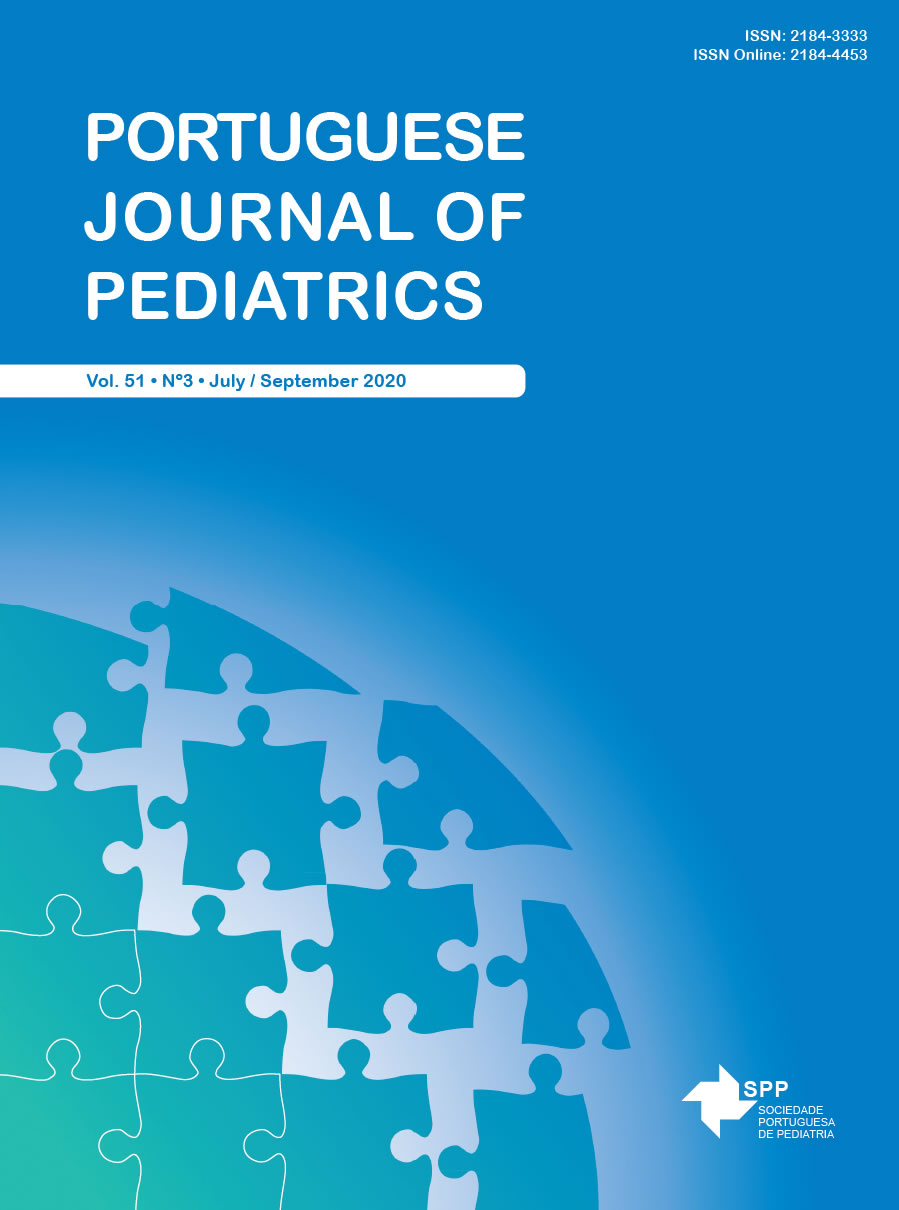Factors and Reasons Associated with Childhood Vaccination Refusal
Date of submission: 08-09-2019 | Date of acceptance: 06-03-2020 | Published: 01-07-2020
DOI:
https://doi.org/10.25754/pjp.2020.18836Abstract
Introduction: Outbreaks of vaccine-preventable diseases have emerged in countries with high vaccination coverage rates, such as Portugal. This study aimed to analyze the factors and reasons associated with caregivers’ decisions to refuse childhood vaccination.
Methods: Between May-June 2018, a telephone questionnaire was applied to 149 caregivers of children under 16 years of age registered in a Portuguese Health Centers Group. Among them, 64 refused at least one vaccine under the National Immunization Program due to non-medical reasons. Adjusted odds ratios (ORa) and 95% confidence intervals (CIs) were calculated using multivariate logistic regression to estimate the association between demographic and socioeconomic factors and vaccination refusal.
Results: Vaccination refusal was more frequent among caregivers older than 40 years (ORa=5.98;95% CI 1.32-27.00) and non-Portuguese citizens (ORa=5.40;95% CI 1.80-16.16). Being catholic (ORa=0.25;95% CI 0.09-0.68) was inversely associated with vaccination refusal. The fear of side effects and the health consequences of vaccines was mentioned as a reason for vaccination refusal by 48.4% of caregivers of unvaccinated children and 30.6% of caregivers of vaccinated children. Additionally, 37.5% of caregivers of unvaccinated children reported that vaccines were neither safe nor effective, and 49.4% of caregivers of vaccinated children considered that there were no reasons for vaccination refusal.
Discussion: Vaccination promotion among older and non-Portuguese caregivers is needed, as well as an investment in communication campaigns regarding the risks and benefits of vaccines based on scientific rigor and comprehensible information. This work contributes to identify target groups and preferential contents of future interventions for vaccination promotion.
Keywords: vaccination; vaccination refusal; anti-vaccination movement; immunization programs; vaccination coverage.
Downloads
Downloads
Published
Issue
Section
License

This work is licensed under a Creative Commons Attribution-NonCommercial-NoDerivatives 4.0 International License.









